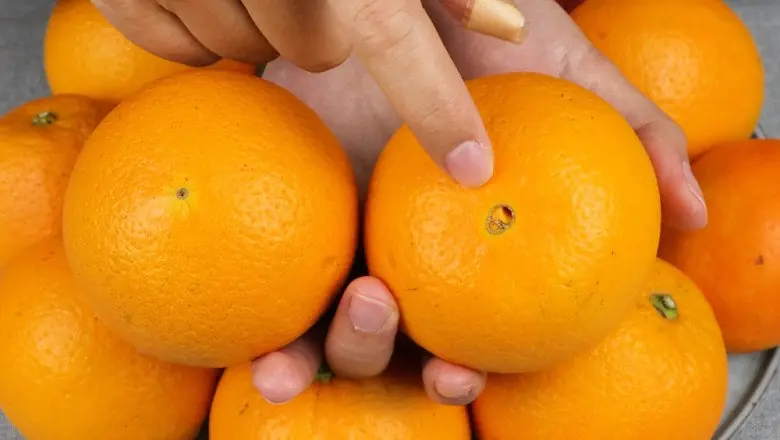
The “Strange” Number on Imported Fruit Stickers
The “Strange” Number on Imported Fruit Stickers: Easy to Understand, But 90% of People Don’t Know What It Means
Most consumers don’t pay attention to the number codes printed on fruit stickers, especially on imported produce. But once you understand them, they’re surprisingly simple—and incredibly useful. These tiny numbers can tell you whether a fruit is clean, safe, or even genetically modified. Here's how to decode those PLU codes and become a smarter shopper who protects your family’s health.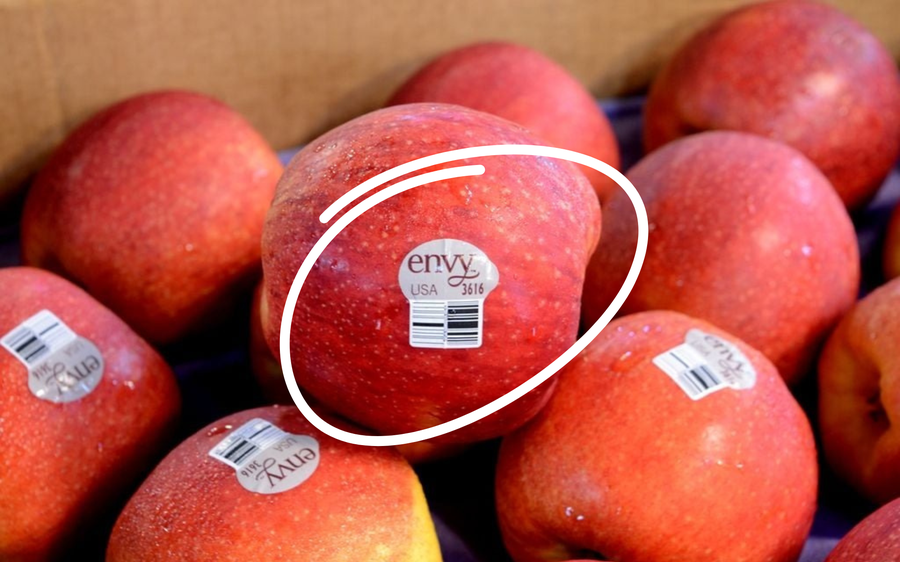
What Is a PLU Code?
A PLU (Price Look-Up) code is a number printed on a sticker placed directly on fresh fruit, typically seen in supermarkets or retail stores. Regulated by the International Federation for Produce Standards (IFPS), this code gives information about the type of fruit, how it was grown, and where it came from. PLU codes usually have 4 or 5 digits, and each digit has a specific meaning, helping consumers distinguish between conventionally grown, organic, and genetically modified (GMO) produce.
The Three Types of PLU Codes
1. 4-digit codes starting with 3 or 4
Example: 4011, 3123
These indicate conventionally grown fruit. Farmers may use chemical fertilizers, pesticides, and preservatives to increase yields and extend shelf life.
-
Pros: More affordable, widely available, and comes in a wide variety.
-
Cons: May contain chemical residues. Wash thoroughly before consuming.
Example: Gala apples (4131), bananas (4011) are often conventional. Soak and rinse well under running water or use a fruit/veggie wash for safety.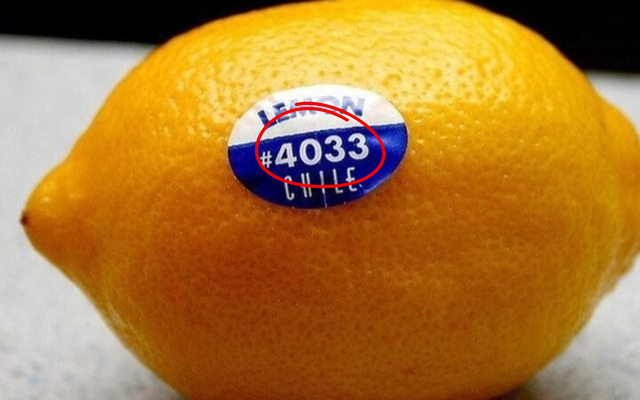
2. 5-digit codes starting with 9
Example: 94011, 93123
This means the fruit is organically grown, without synthetic pesticides, chemical fertilizers, or growth enhancers. Organic farming follows strict standards to ensure the fruit is safe and eco-friendly.
-
Pros: Safer, with less chemical residue and a more natural flavor. Ideal for children, the elderly, or those following a clean diet.
-
Cons: More expensive and not always easy to find.
3. 5-digit codes starting with 8
Example: 84011, 83123
This indicates genetically modified (GMO) fruit. Genetic modification enhances pest resistance, improves yields, or extends shelf life.
-
Current status: GMO fruits are rare in many markets due to safety concerns. While some studies claim GMOs are harmless, others warn of long-term health risks like organ damage or reproductive issues. As a result, many countries—including those in the EU and parts of Asia—restrict or ban GMO produce.
Tip: If you're concerned about GMOs, avoid codes starting with 8. Choose code 9 (organic) or code 3/4 from reputable sources.
Example: Some GMO corn or papayas may have codes like 83123, but these are rare in Vietnam. Always verify the origin before buying.
Important Tips When Buying Imported Fruit
-
Choose reputable sellers: Buy from supermarkets, clean food stores, or trusted vendors with clear origin labels. Look for certifications like GlobalGAP, USDA Organic, or COA (Certificate of Analysis).
-
Check the sticker and packaging: Besides the PLU code, look for information like country of origin (e.g., USA, Australia, New Zealand) and brand. Avoid fruit with faded or torn stickers lacking clear info—it could be low quality.
-
Always wash before eating: Whether organic or not, rinse fruit thoroughly with diluted salt water, vegetable wash, or under clean running water to remove dirt, bacteria, and residues.
-
Watch the price: Imported fruit is generally pricier due to shipping and storage. If the price is suspiciously low, inspect carefully to avoid fake or substandard products.
Bonus: How to Pick High-Quality Imported Fruit
Beyond the PLU code, here are some smart tips:
-
Apples: Choose ones with shiny skin, bright color, and a heavy feel. Avoid bruises or strange smells.
-
Bananas: Look for evenly yellow bananas with minimal brown spots. Organic ones (code 9) may be thinner and less uniform in size.
-
Grapes: Pick bunches with a light white bloom on the skin and firm green stems. Organic grapes are usually smaller but sweeter and more fragrant.
-
Oranges: Choose heavy oranges with thin skin and a light citrus aroma. Organic oranges may have rougher skin than conventional ones.
By learning to read PLU codes and combining that knowledge with careful inspection, you’ll be better equipped to choose fresh, safe, and high-quality imported fruit for your household.
News in the same category


The Cultural Meaning of Ankle Bracelets You May Not Know

Doctors Explain What Happens When You Eat Bananas Every Single Day
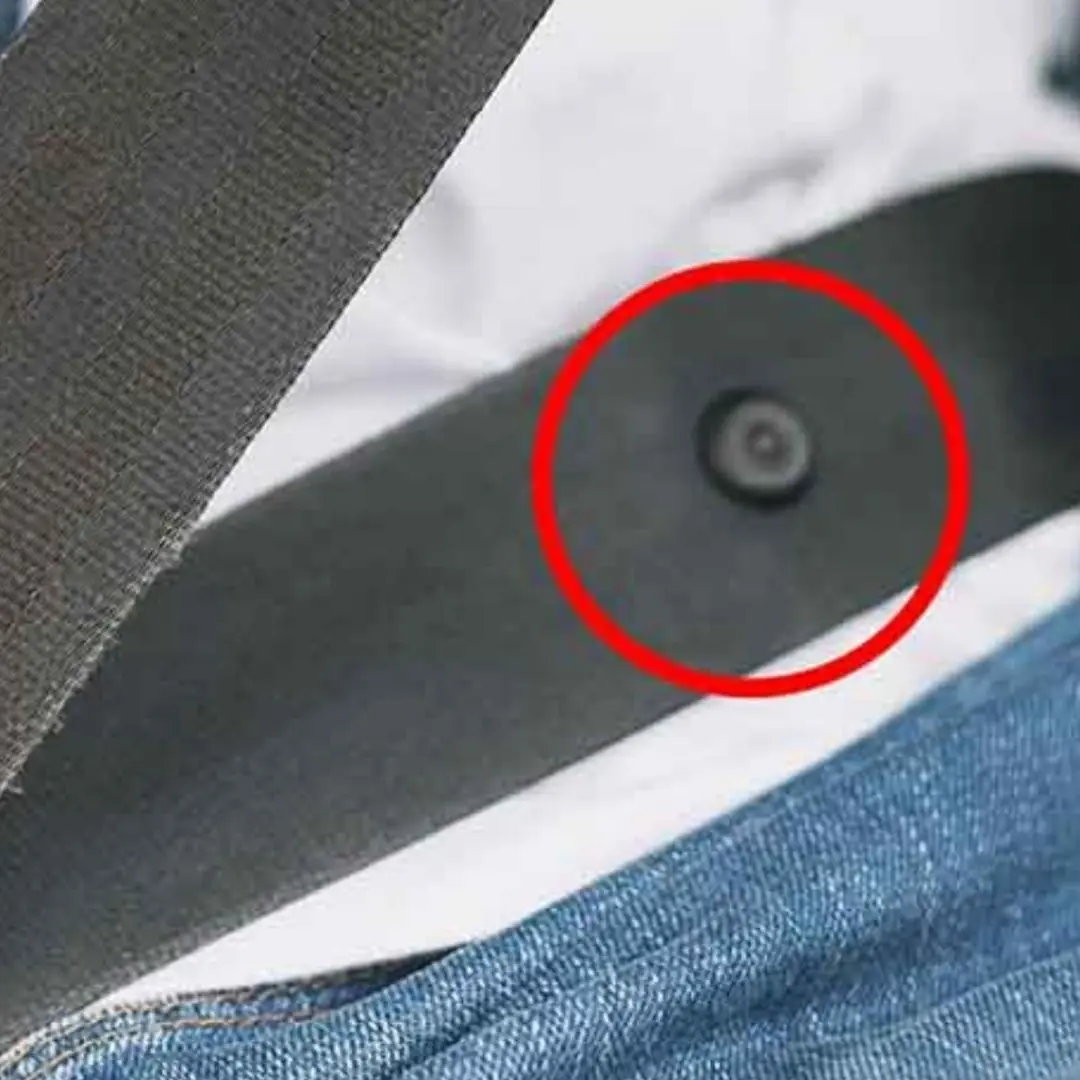
The Tiny Seat Belt Button You’ve Probably Never Noticed — Here’s What It’s For

Why Placing Ginger by Your Bedside Can Benefit Your Health
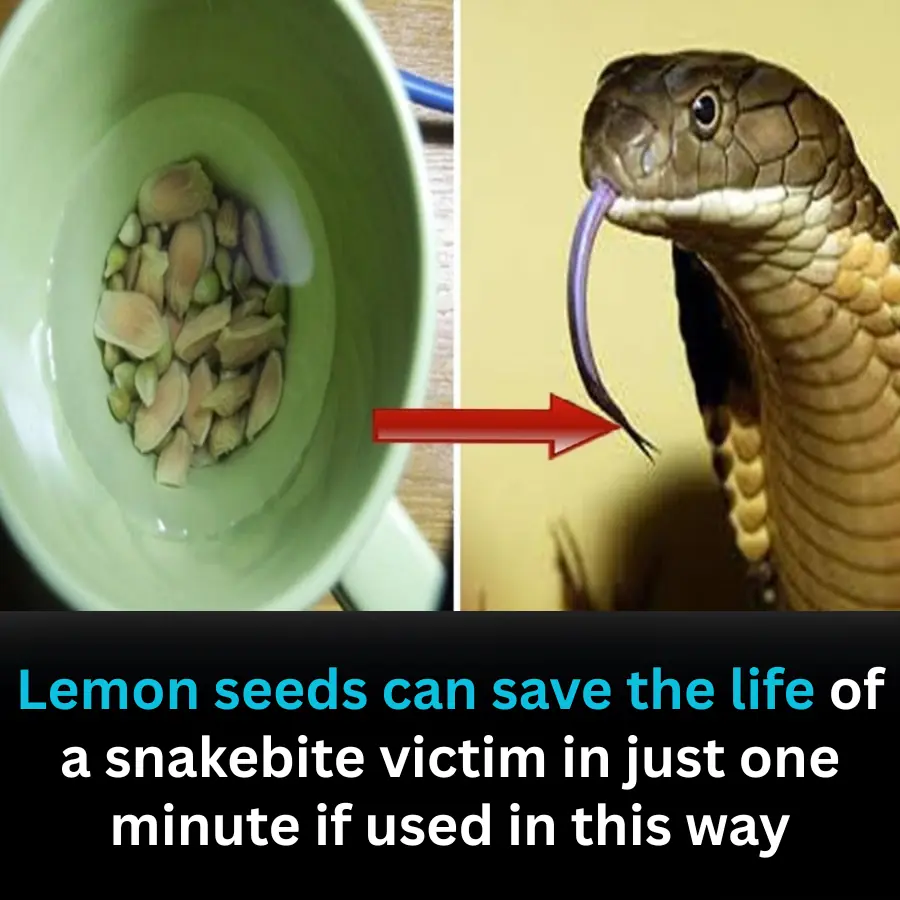
Can Lemon Seeds Really Save a Snakebite Victim in One Minute? Doctors Warn Against a Dangerous Myth

5 Common Refrigerator Mistakes That Can Multiply Bacteria by 10 Times
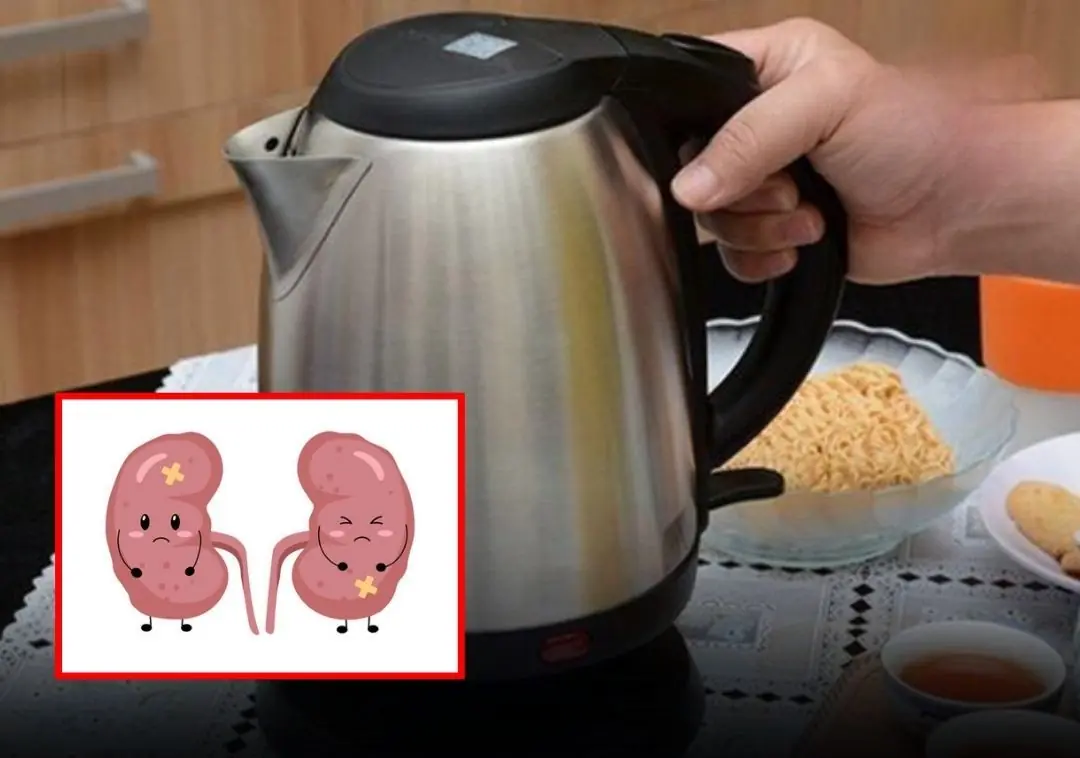
A Common Mistake Countless Families Don’t Even Know They’re Making

In winter, drying thick clothes is a slow process—and sometimes, they end up smelling bad.

The real electricity th.ief in your home
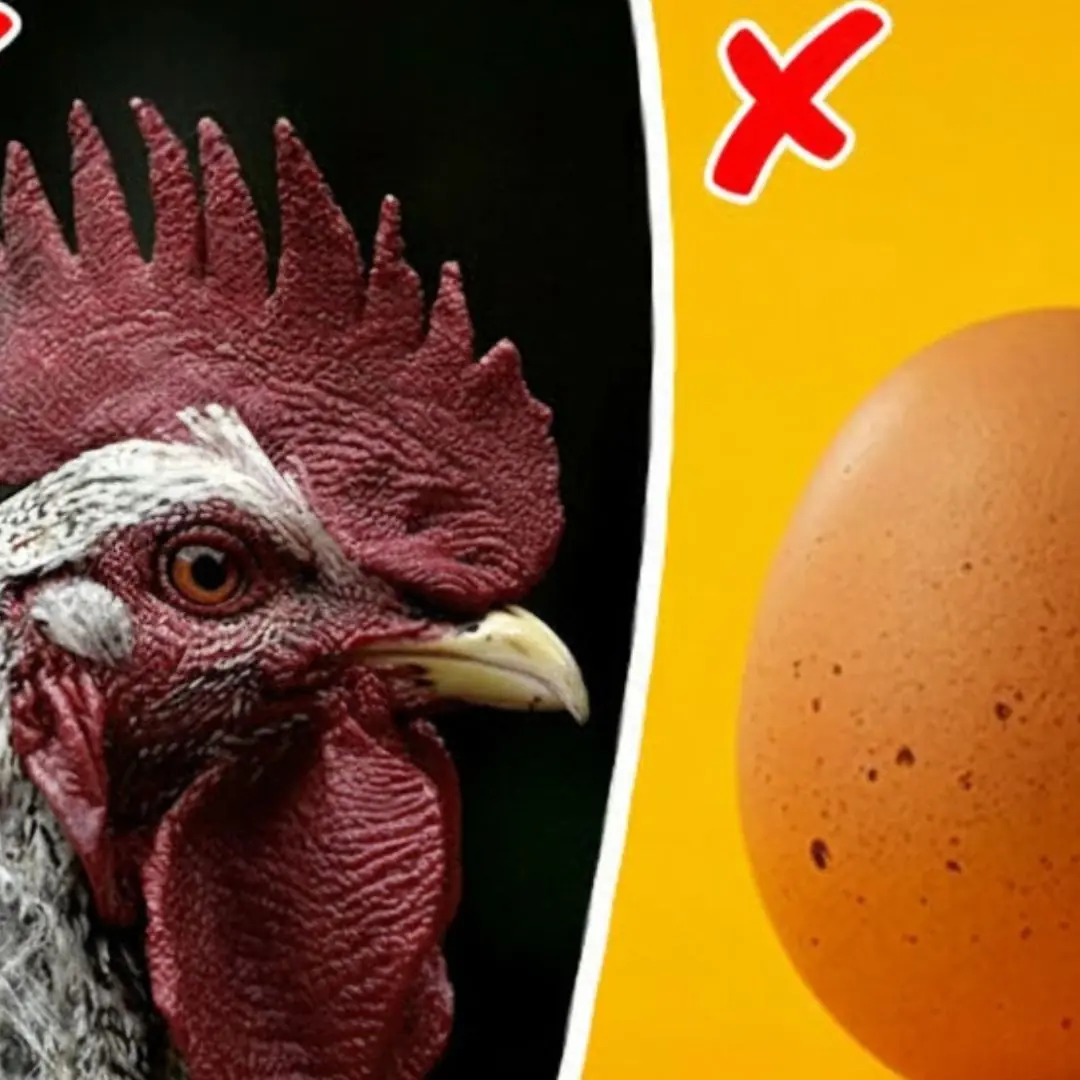
Scientists Finally Reveal a Sho:cking Answer to the ’Chicken-or-Egg’ Dilemma

Two-Way Mirrors: The Privacy Risks Most People Don’t See

Put ginger next to your pillow when sleeping: A simple secret for good health and sleep

Why do dogs ba.rk and bi.te some people but not others? There's always a reason!
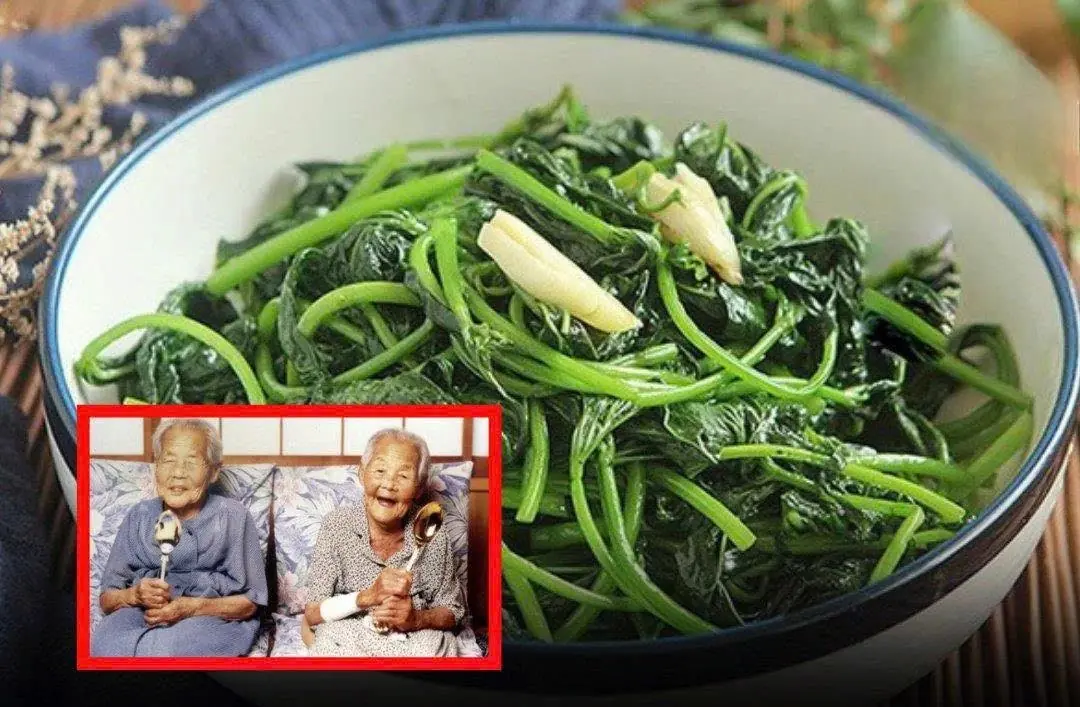
Packed with powerful nutrients, these 3 humble vegetables are hailed in Japan

The small button on your phone that connects to Wi-Fi automatically: No password needed, no mobile data used — what’s the truth?

Applying Medicated Oil to the Soles Before Sleep: A Traditional Practice with Potential Benefits

When a lizard visits your house that’s a sign...

Even if you remain single forever, never marry a man from these 4 types of families

You Sleep on It Every Night — But Could It Be Exposing You to Toxins?
News Post

Sticky Oven-Baked BBQ Ribs

Herb-Glazed Sausage with Rosemary Pan Sauce

Savory Mushroom & Grain Puff Pastry Tart

Waking up with a dry mouth? These 8 common causes may explain why.

Braised Beef Short Ribs with Purple Potato Purée

He drank water before sleeping… and never woke up. Doctors urge everyone to avoid these 4 drinks at night.
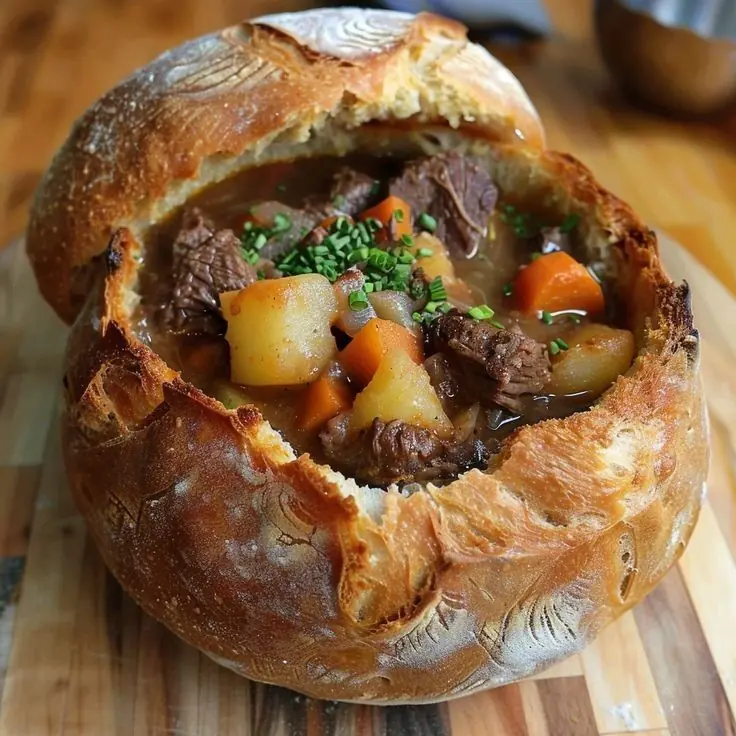
Beef Stew in a Bread Bowl

When buying oranges, should you choose ones with a big or small “navel”? Here are 4 tips to pick super-sweet oranges

Loofah, Bottle Gourd, and Squash: Nutritious Vegetables - But Never Eat Them If They Taste Bitter

Signs on your feet that your internal organs are warning you that you should go to hospital immediately
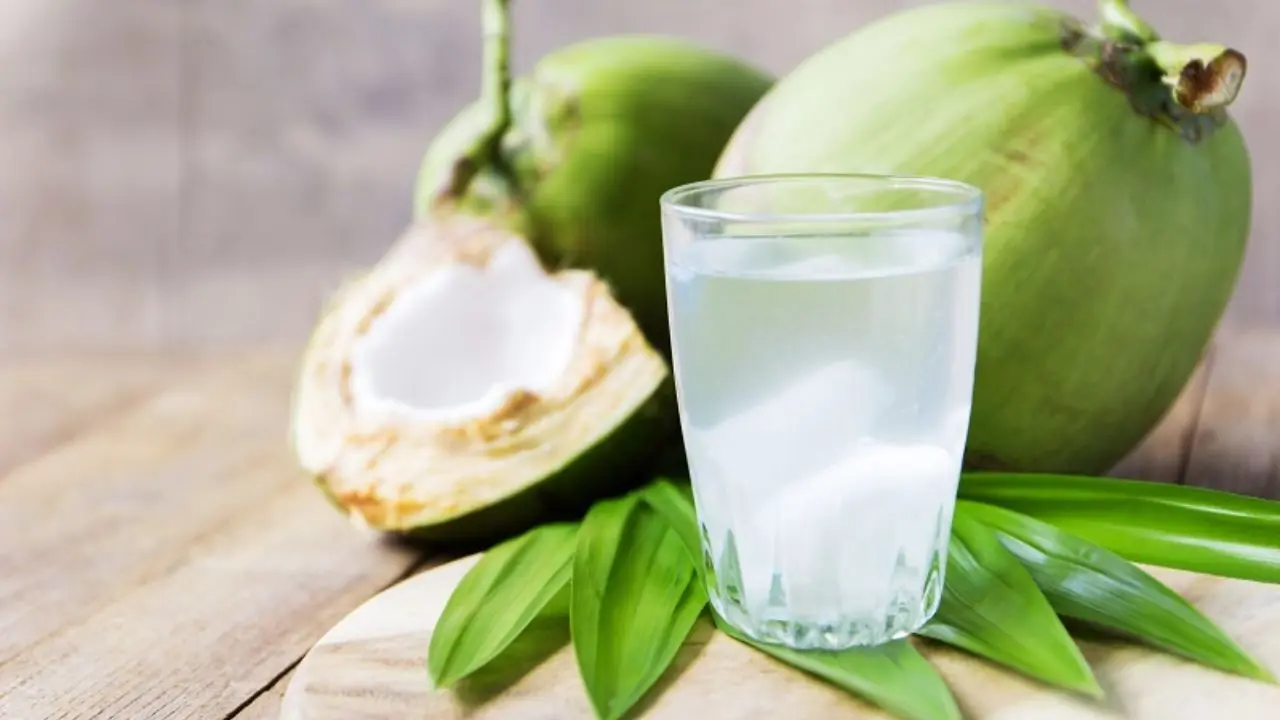
One week of coconut water on an empty stomach: A simple habit with big rewards
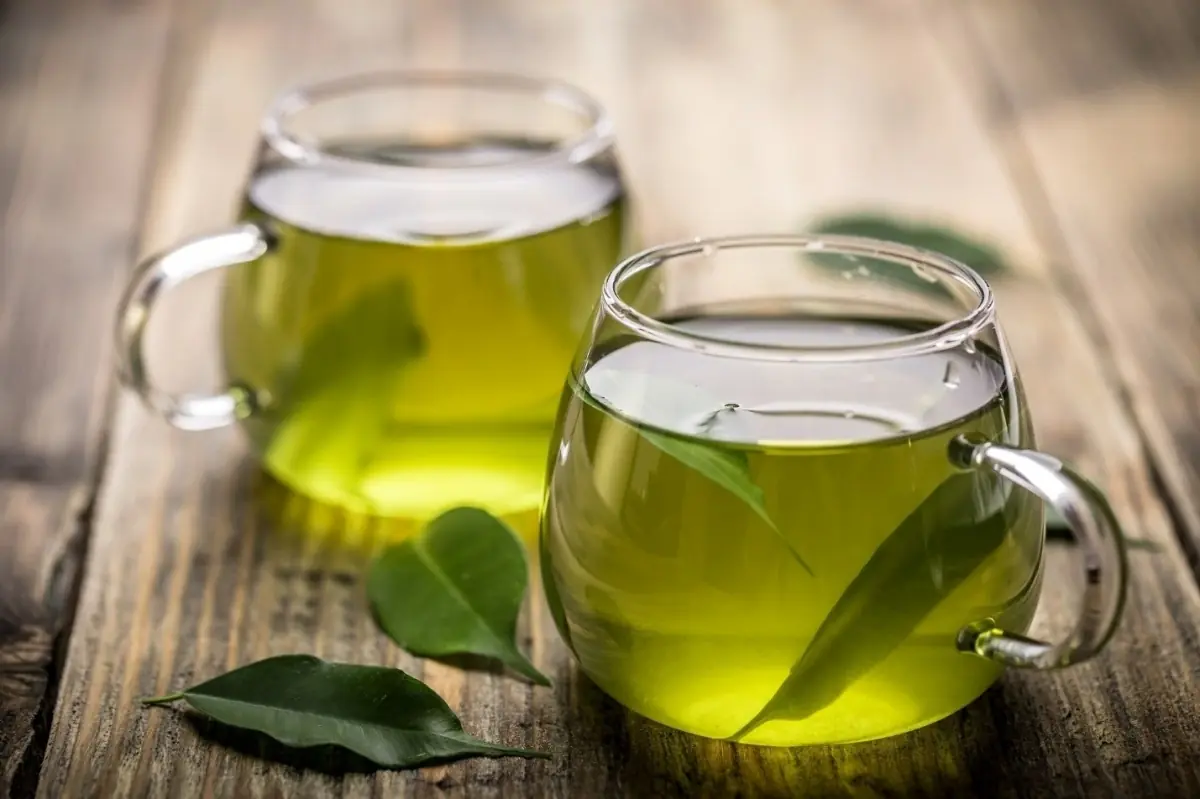
Oxford research finds a drink that helps “ward off” colon can.cer

Doctor shares what it means if you always need to poo immediately after you eat (it isn’t just IBS)

Suddenly something feels stuck in your throat - then a small lump comes out. What is it?
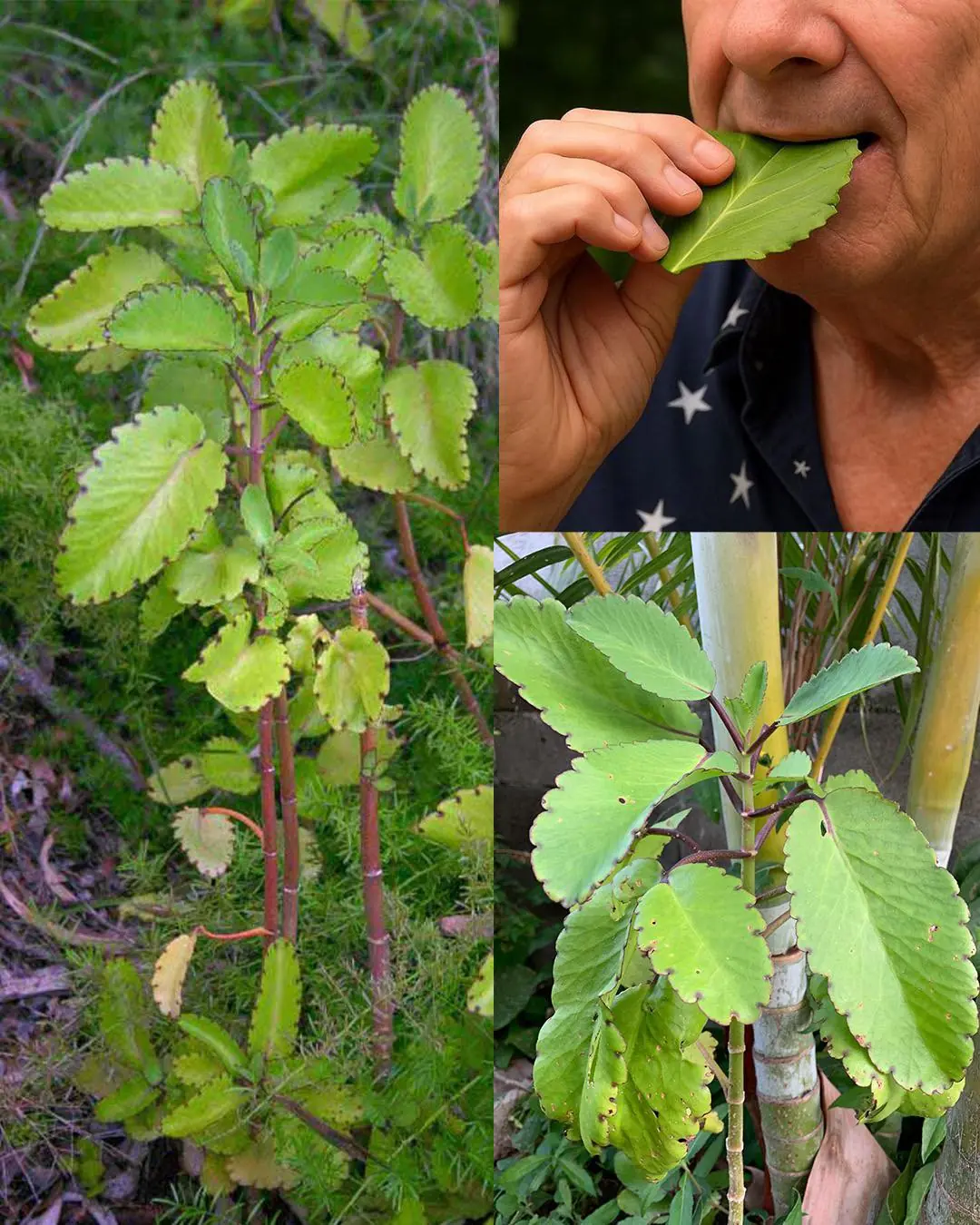
Leaf of life – The healing plant growing in your backyard

6 Gentle Drinks for People with Insomnia - Plus Simple Habits That Help You Sleep Better Naturally

The Cultural Meaning of Ankle Bracelets You May Not Know

Subtle Heart Attack Symptom Many Women Miss Without Realizing

The link between ovarian can.cer and breast can.cer
